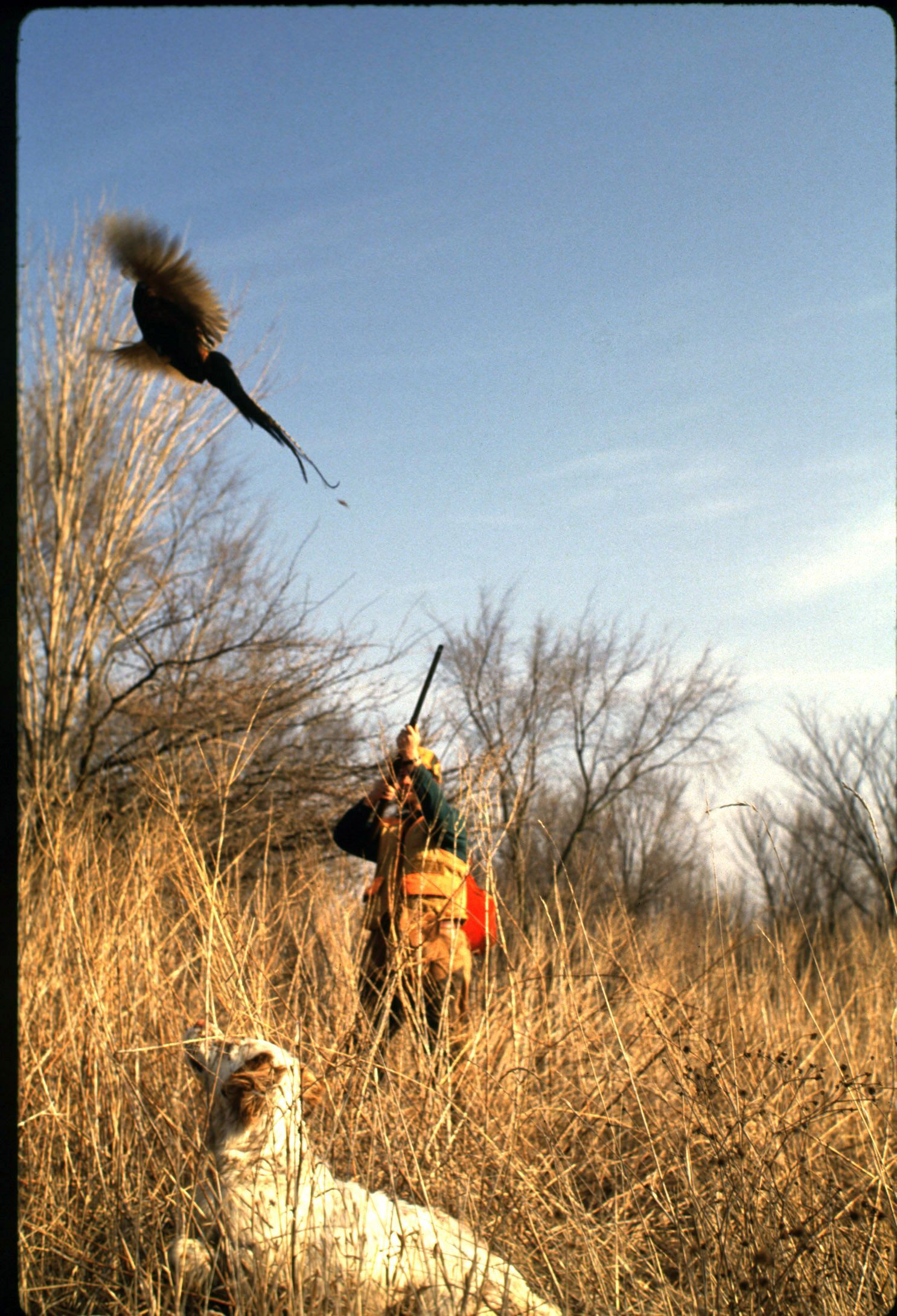Shouting match between DNR director, coalition a tipping point in consent decree negotiations
A coalition of angling and conservation groups filed a motion to reconsider in federal court on September 16.
The Coalition to Protect Michigan Resources (CPMR) has its roots in a 1979 court ruling that affirmed fishing rights under an 1836 Treaty. In 1984, the coalition was granted amicus status as the first agreement on fishing rights was negotiated and has worked closely on each iteration of the Great Lakes Consent Decree since. The decree is an agreement between the federal government, the State of Michigan and five sovereign tribes.
The decree governs fishing regulations in certain waters of lakes Michigan and Huron from Grand Haven north around the tip of the mitt to Alpena and most of eastern Lake Superior. Primarily, the decree governs the allocation of the fishery between recreational and commercial fishing of lake trout and whitefish in waters in the Treaty of 1836 through a zonal approach.
A CPMR motion to intervene in the ongoing decree negotiations was denied by Judge Paul Maloney on August 25.
That motion stated that the Great Lakes fishery resources are threatened and sound biological principles should guide decisions related to the fishery, including a roughly 50-50 shared allocation of the fishery set forth in the 2000 Decree.
Motion to reconsider
The coalition’s motion to reconsider points toward statements by the State of Michigan’s attorney that failed to portray CPMR’s involvement in this matter accurately.
In oral arguments on August 25 before Judge Maloney, the attorney for the State of Michigan asserted that CPMR and its members have had ample access to negotiations and draft decrees and that the coalition’s interests are sufficiently represented by the state.
Tony Radjenovich, CPMR president, said the assistant attorney general did not provide an accurate picture of the coalition and State of Michigan’s relationship since June of 2022.
“Ms. Drake misled the judge when stating that the amici group has had open access to negotiations and the ability to weigh in on proposals,” Radjenovich said. “Our group has been thrown out of rooms, unable to caucus with the state and has been asked for notes on potential proposals after they were already submitted to other parties, rendering our thoughts and comments useless.”
Recreational anglers’ interests are not being represented
The tipping point between CPMR and the State of Michigan came on June 30 when Department of Natural Resources (DNR) Director Daniel Eichinger engaged in a shouting match with CPMR members and an attorney during a negotiating session, according to the brief filed by CPMR.
Frank Krist, a CPMR representative from Hammond Bay Anglers, has been a part of consent decree negotiations for more than 40 years and was present for the altercation.
“On June 30, it became apparent that the goals of our coalition and the interests of recreational anglers were hugely different than the state,” Krist said. “This divergence has forced CPMR to make difficult decisions that it has not had to consider through other decrees.”
The motion for reconsideration points to multiple instances where Radjenovich said CPMR had not been given access like the state’s legal team claimed during oral arguments in the August 25 hearing.
“The state provided us a redacted copy before the August 25 ruling with no comments or strikethroughs before a tribal attorney made it known that this sanitized version did not accurately represent where negotiations stood,” Radjenovich said. “Not long after, the assistant attorney general sent a version that was not redacted. The state is not acting in good faith despite what it stated in court.”
While the DNR and State of Michigan have claimed in court that they are negotiating in the best interests of recreational anglers, that is simply not true, Radenjovich said.
“Lip service is easy when the substance of your argument can’t be challenged because of a legal contract,” Radjenovich said. “It’s convenient that the veil they use to hide behind is the same that allows them to make backroom deals and undue 20-plus years of cooperative fish management.”
The gag order
The State of Michigan and other parties to the negotiations have noted in court that CPMR cannot disclose what it feels will be negatively impacted because of a non-disclosure agreement all the parties have signed.
“We want to tell Michigan anglers and conservationists what is being proposed and let them make up their own minds, but we can’t,” Radenjovich said.
The DNR and State of Michigan have used the non-disclosure as a crutch to portray CPMR as unhappy participants stomping their feet, he continued.
“This is simply not true and meant to plant a false flag,” he said. “The non-disclosure agreement is a shield to protect the parties, not a sword to thwart CPMR’s opposition. When this decree sees the light of day, recreational anglers and users of our Great Lakes will be shocked.”
At the August 25 hearing, Judge Maloney did offer CPMR the ability to respond to the decree language before it is signed. It is unclear what the judge would do with that information.
Recent Posts



